calsfoundation@cals.org
Cash (Craighead County)
| Latitude and Longitude | 35°47’39″N 090°56’11″W |
| Elevation: | 249 feet |
| Area: | 0.37 square miles (2020 Census) |
| Population: | 280 (2020 Census) |
| Incorporation Date: | June 5, 1931 |
Historical Population as per the U.S. Census:
|
1810 |
1820 |
1830 |
1840 |
1850 |
1860 |
1870 |
1880 |
1890 |
1900 |
|
– |
– |
– |
– |
– |
– |
– |
– |
– |
– |
|
1910 |
1920 |
1930 |
1940 |
1950 |
1960 |
1970 |
1980 |
1990 |
2000 |
|
– |
– |
– |
186 |
188 |
141 |
265 |
285 |
214 |
294 |
|
2010 |
2020 |
|
|
|
|
|
|
|
|
|
342 |
280 |
|
|
|
|
|
|
|
Cash is a small, incorporated community in western Craighead County located at the junction of Highway 226 and Highway 18 west of Jonesboro (Craighead County). Once an important center for the lumber industry, it is now primarily a farming community.
The first permanent settlers in the area were W. R. and Lynn Cureton, brothers who came from Alabama with their families and slaves. However, the area remained sparsely settled until the late 1800s, when railroads and the lumber industry penetrated into eastern Craighead County. The first school was established on August 12, 1881. In 1894, a tram road, the Bonnerville and Southern Railroad, was built connecting the St. Louis–San Francisco Railway (Frisco) line at Bono (Craighead County) to the Cache River area, thus facilitating the growth of the community. Bob Williams subsequently opened the first store in the area, and the town received a post office. The emerging town was originally called Soonover, according to Charles Stuck, because it was thought to “soon be over” once the lumber companies left. Later, it was named Cash after the Cache River. In 1912, the Anderson Spur was built from Cash to Lake Hood to serve a sawmill. Logs were hauled from Cash to Jonesboro (Craighead County) and then on to Memphis, Tennessee.
Not until 1926 and 1927 were plans made to include all twelve grades in the school district. In 1942, a new brick school building was built. In 1949, a new high school was constructed, but a fire at the grade school the following year meant that all grades met at the high school until a new grade school could be built. Cash, Bono, and Egypt (Craighead County) schools were consolidated in the 1960s, joining the Westside Consolidated School District.
Though the community declined after the lumber industry moved from the area, Cash remains an important center for agriculture in western Craighead County. Located in or near Cash are a number of farms, including a few fish farms, in addition to seed companies and flying services that perform crop dusting.
Cash’s most notable resident is Helen Hagstrom, who was born there on October 20, 1920, and died in 1997. She eventually relocated to San Francisco, California, where she went by the name of Carolina Cotton, the Yodeling Blonde Bombshell, performing a yodeling country-and-western style of singing, in addition to appearing in nearly two dozen movies.
For additional information:
Smith, George. “A History of Cash in Southwestern Arkansas.” Craighead County Historical Quarterly 15 (Winter 1977): 12–22.
———. “A History of Cash in Southwestern Arkansas, Part II: The Cash Schools.” Craighead County Historical Quarterly 15 (Spring 1977): 12–16.
Stuck, Charles A. The Story of Craighead County: A Narrative of People and Events in Northeast Arkansas. Jonesboro, AR: 1960.
Williams, Harry Lee. History of Craighead County, Arkansas. Little Rock: Parke-Harper Co., 1930.
Staff of the CALS Encyclopedia of Arkansas
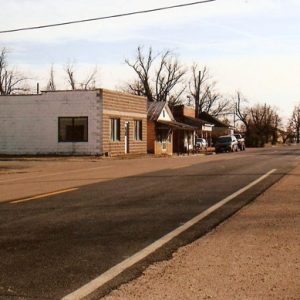
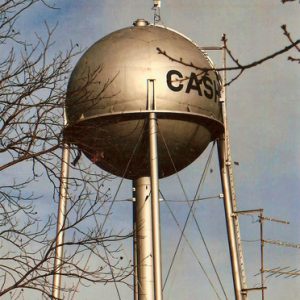
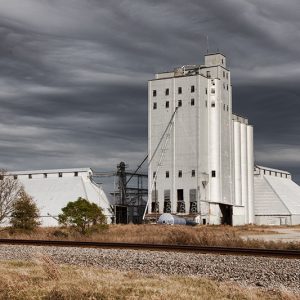
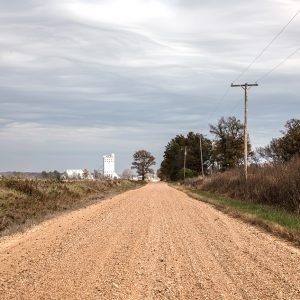
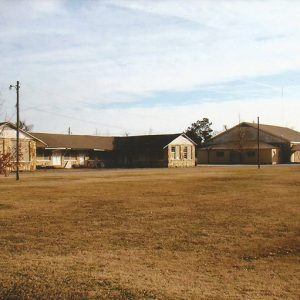
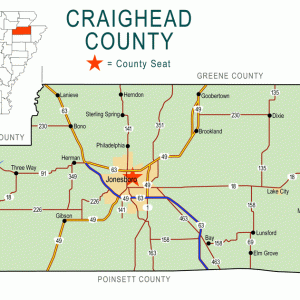




Comments
No comments on this entry yet.